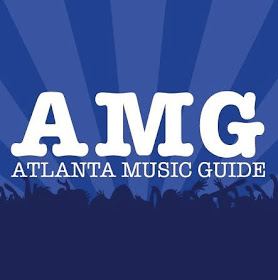Jay Farrar & Benjamin Gibbard
One Fast Move or I’m Gone
F-Stop/Atlantic
By Al Kaufman
Beatnik Jack Kerouac was all about rants and raves. His sentences had no structure and, often, no coherent thought process. Jar Farrar, in his liner notes, compares Kerouac’s writing to improvisational jazz. Like that form of music, sometimes his words would travel endlessly, leading absolutely nowhere. But other times, when everything came together, they would transcend the reader.
For One Fast Move Or I’m Gone, Son Volt’s Jay Farrar used text from Kerouac’s novel, Big Sur, and some lines from the Kerouac poem, Sea, and put them to music for the soundtrack to a documentary of the same name about the time Kerouac left the public eye and went out west to try to become sober. Kerouac’s writing at that time was just as manic as it always was; full of vitriol but tinged with hope, and exposing ugliness with as much glee as he extolled beauty.
On the written page, Kerouac’s frothing at the mouth rants often seem sophomoric. Yet when a complaint about “The Salvation Army meeting on the corner saying Satan is the cause of it all,” is turned into a lyric, and when that lyric is sung in the clear tones of Death Cab for Cutie’s Ben Gibbard, all seems okay.
Farrar was originally supposed to record these songs with various musicians, but the pairing with Gibbard worked so well that they decided to make the entire CD together. At first, this appears to be an odd pairing. Farrar’s resigned, nasally whines are perfectly suited for a man battling the demon alcohol. Gibbard’s vocals seem incongruous at first, but upon repeated listens, his clear, pure vocals give the words a voice of hope. The two compliment each other perfectly, most notably when they harmonize.
The music here is the type of stuff you would expect from Farrar; slow, somewhat dreary melodies, with steel guitar. Unencumbered with the need to rhyme, Farrar is still able to find meter in Kerouac’s rambling prose. It leads one to believe that Kerouac may have had a more satisfying career as a songwriter.
Farrar has undertaken a gargantuan task. Kerouac fans are a passionate bunch, and they easily could have ripped Farrar (and Gibbard for that matter) a new one. It is akin to another successful collaboration of the past and present; namely when punk-folkie Billy Bragg paired with Wilco to make music from poems of Woody Guthrie. While the mix of a socialist Brit with an Americana band to produce songs written by an American icon over 50 years ago seemed to have all sorts of ways in which it could fail, Mermaid Avenue was a masterpiece. One Fast Move or I’m Gone is not that good, but it comes close.
